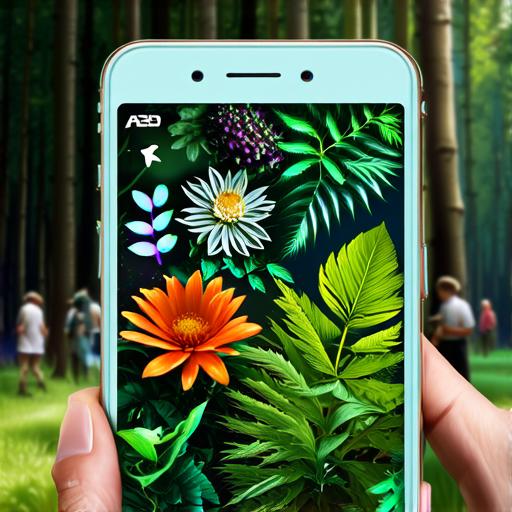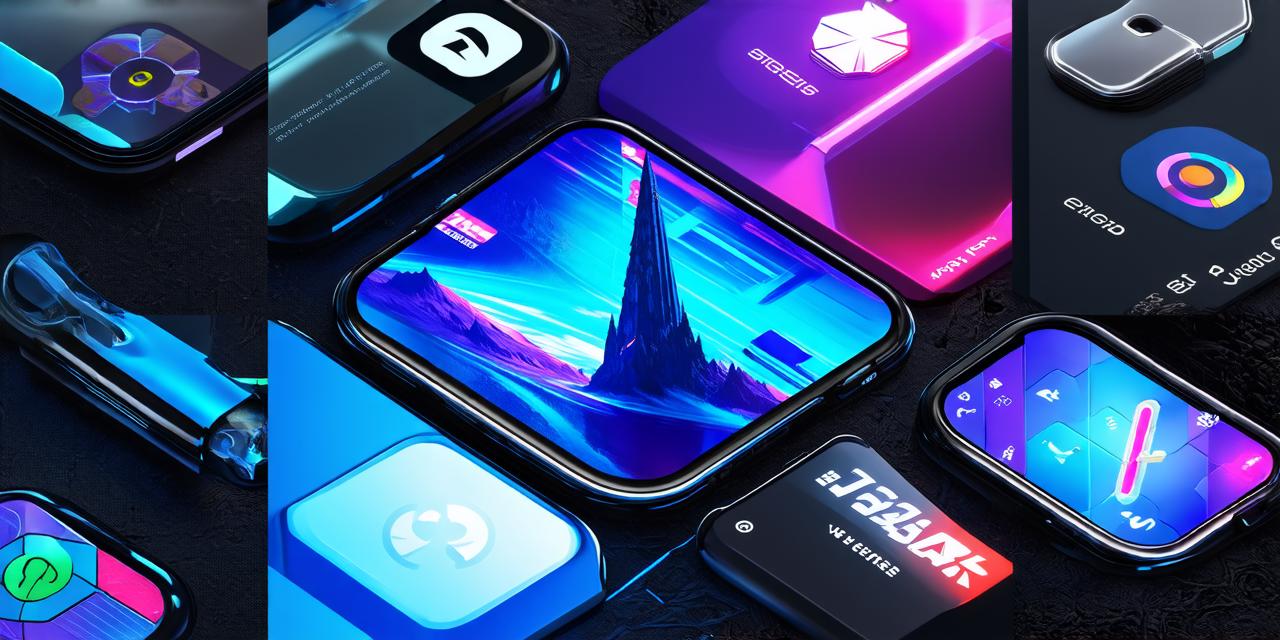Augmented reality (AR) is a technology that overlays digital information on top of the real world. This technology has been around for quite some time, but it’s only in recent years that we have seen its full potential being realized. AR apps are becoming increasingly popular, and they offer a wide range of applications across various industries.
Popular Augmented Reality Apps
Pokemon Go
Pokemon Go is one of the most well-known AR apps out there. The app was launched by Niantic in 2016 and quickly became a massive hit, with millions of users around the world playing the game. Pokemon Go uses AR technology to let players catch virtual creatures called “pokemons” that can be found in real-world locations. The app has since been updated with new features and content, including the ability to battle other players and capture rare pokemons in specific locations.
Snapchat Lenses
Snapchat is a popular social media platform that allows users to send photos and videos to their friends. Snapchat also includes AR lenses that add digital filters and effects to photos and videos taken with the app’s camera. These lenses are incredibly popular among users, with millions of people using them every day. The lenses can be used for a wide range of purposes, including adding text, stickers, and other visual elements to photos and videos.
c. Ikea Place
Ikea Place
Ikea Place is an AR app that allows users to see how furniture from IKEA would look in their homes before they buy it. The app uses AR technology to place virtual versions of IKEA furniture into real-world environments, allowing users to see how the furniture would fit and complement their existing decor. This app is incredibly useful for people who want to make informed purchasing decisions when buying furniture online.

d. Ingress
Ingress
Ingress is an AR game that was launched by Google in 2012. The app uses AR technology to turn the real world into a virtual battlefield, where players must capture “portals” and defend their territory from other teams. Ingress has since been updated with new features and content, including the ability to create your own portals and earn rewards for completing challenges.
e. Zombies, Run!
Zombies, Run!
Zombies, Run! is an AR game that turns players into zombie runners who must collect virtual supplies and avoid real-world obstacles while running through their neighborhoods. The app uses GPS technology to track players’ movements and overlays digital information on top of the real world, creating a unique gaming experience.
3. Use Cases for Augmented Reality Apps
Education
AR apps have the potential to revolutionize education by providing students with immersive learning experiences that are both engaging and interactive. For example, an AR app could be used to teach students about historical landmarks by overlaying digital information on top of real-world environments. This would allow students to explore the landmarks in a more interactive and engaging way, while also learning important facts and information about each location.
Marketing and Advertising
AR apps can be used by businesses to create immersive marketing experiences that capture the attention of potential customers. For example, an AR app could be used by a car manufacturer to showcase their latest models in a virtual
